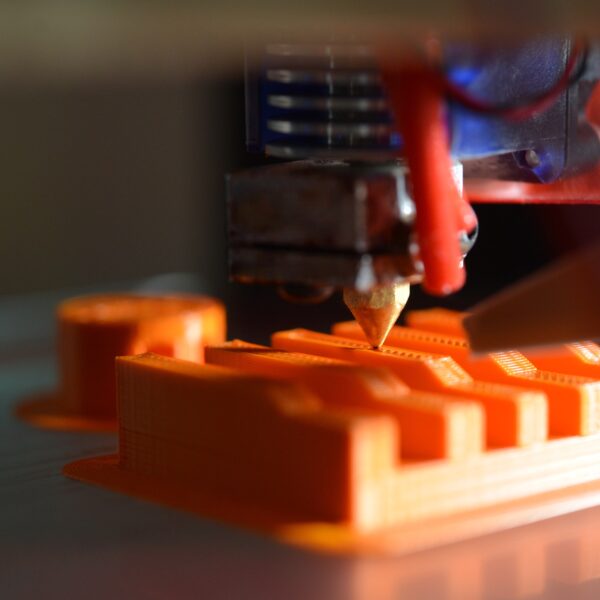Outdoor air pollution is an environmental and health concern, leading to a higher demand for improved exhaust emission and low cost fuel technology in cars. An alternative solution to reduce the levels of chemicals or contaminants released into the atmosphere is to improve the performance of vehicles. Titanium exhaust systems can help enhance performance and reduce carbon emissions from cars.
Titanium Is Strong and Resistant to Heat
Prized for its light weight, strength, and anti-corrosion properties, titanium is already widely used in the aviation industry with Grade 5 titanium, the most common of all titanium alloys. It is predicted that the titanium alloy market will grow by 3.83% in the next 5 years according to a research study.
Car manufacturers also use titanium in vehicles including engine valves, suspension springs, and exhaust systems made with the metal. Titanium’s strength and resistance to high temperatures makes it an ideal material for exhaust systems and mufflers. It offers better resistance than most metals that can assist in the performance of the vehicle. Being lightweight improves fuel economy, reducing the amount of emissions. It also enhances accurate handling improving safety. Robust exhaust systems are not going to leak pollutants that can harm you or the environment.
Exhaust systems made with titanium are often used in racing cars where it is important to have a solid system. For example, Porsche released a rehashed version of the 935 featuring a lightweight carbon fiber body and titanium exhaust systems. The model is solely for track use and there are only 77 of them built. VW’s Golf R also features a titanium Akrapovic exhaust as BMW’s M5 F90.
Constraints of Titanium as a Car Material
The price of titanium is one of the major barriers to its increased use in automobile production. Although it is abundant in supply, mining the metal is expensive making it difficult to use as parts of a car as the overall cost becomes prohibitive. In addition, it is dependent on the cyclical nature of the aerospace industry where it is predominantly utilized.
A solution is to develop low cost extraction technologies that will bring down the price of the metal, thereby, enhancing its attractiveness to car manufacturers. Inexpensive mining techniques are also going to reduce prices as well as low-cost processing initiatives.
Titanium has many desirable properties that are ideal for automobile applications. Exhaust systems made with titanium improves car performance, enhances safety, boosts fuel economy, and reduces carbon emissions. Moreover, if low-cost extraction technologies are available, titanium is a great alternative to steel or aluminum in auto parts.
Image Credits: Peter Broomfield




Like this article? Share with your friends!